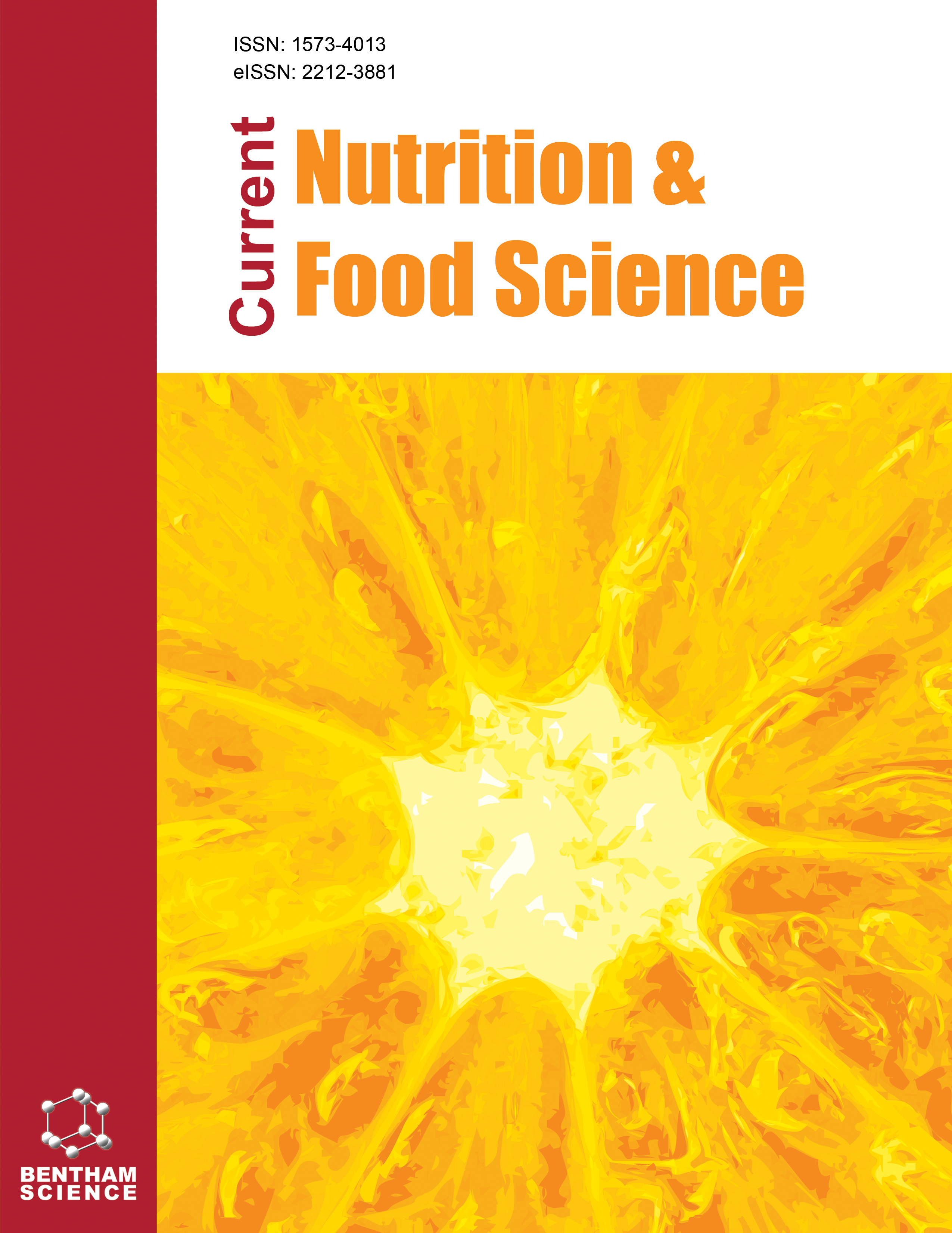
Full text loading...

Our study aimed to analyze the expression of the Soy allergen in GM-positive and GM-negative soybeans.
The expression of proteins in genetically modified (GM) crops has been the most prominent concern to allergenic reactions in the field of biotechnology and the concern of regulatory agencies to retain human health. Among allergies, soybean allergy is an imperative category of food allergy. Worldwide in crops, soybean is a highly consumable commercial food, therefore, to achieve this requirement; genetic modifications in crops were introduced.
For this purpose, several primer sets were used for the detection of CaMV 35S and Agrobacterium tumefaciens Nopaline Synthase (NOS) in samples for GM crop screening using PCR. Comparative analysis and quantification Soy allergen protein expression (soy28k) in genetically modified and non-genetically modified soybeans was not previously analyzed using ELISA.
This study confirmed that genetic modification is also one of the causative effects of provoking allergenicity as increasing the level of intrinsic Soy allergen protein analyzed in GM-positive soy sample. The ELISA results have shown a significant difference (***p<0.000) in the expression of soy28k allergen between the GM-positive and GM-negative samples.
In order to increase consumer safety and enable the industry to conduct a meaningful risk assessment, screening, and detection of allergens in various matrices are necessary.